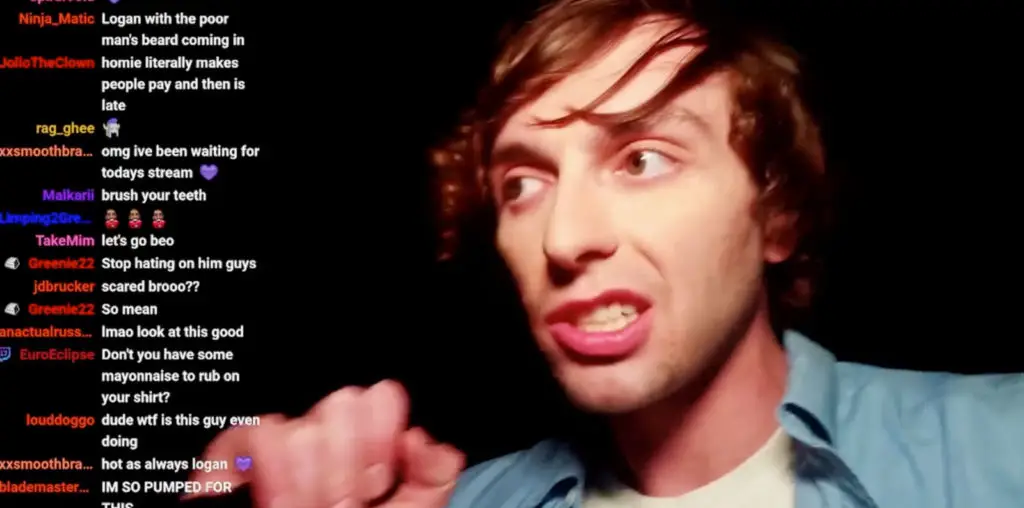
Noah is on the phone, explaining what he’s up to, and justifying why he is living the way he is living. Alone, mourning the death of his mother, Noah has become a shut-in. Fearing the fleeting nature of memories, Noah has also become a hoarder of whatever he can find that might help him retain memories, even if those items are seemingly as expendable as pizza boxes.
If you wanted to look at Ian Scott McCullough’s short film, Nesting Grounds, in the most dismissive way possible, you’d point out that the narrative exists because of a one-sided telephone conversation. And you’d be right, but you’d be missing the other elements that form the piece. Essentially, his words are one thing, but the room he’s trapped himself in could be interpreted as the state of his soul or mind in mourning.
Additionally, the film does a good job of juxtaposing his words of defense or explanation for his current lifestyle with imagery that suggests that he’s not always convinced. In that sense, the telephone conversation may be with a very real person, though we never hear them at all, or it could be a conversation shared solely with himself. Noah is justifying, period, and it really doesn’t matter to whom he is justifying.
To that end, Anthony Stratton does a convincing job as Noah. You can see the conflict and emotion in his performance, even when he’s acting as if he knows that he’s right. Since he’s the only actor you see or hear, it’s on his shoulders and, if he turns you off, there’s not much left in the film to pull you back in.
That said, though I was enjoying the film, even fifteen minutes was too much for me to watch and listen to a guy on the phone. Again, I get all the other ingredients, and how it all cooks together, but I think the film is probably five minutes too long. If it means you eliminate one element of his self-justification, I don’t know that it would actually damage the impact of the film.
But that’s the risk, right? It’s essentially like watching a one-act monologue stage performance, only transposed to the short film format (which might be precisely what it is, since it is based on Alex Parobek’s play). The filmmaking allows for greater, creative exploration of the world that Noah has built up around himself (the audio elements are particularly strong in underscoring a tension that you don’t always know is building), allowing for the performance to be more than just words. However, the entire short is still hung on that one-sided conversation, for better or worse.
This film was submitted for review through our Submission for Review system. If you have a film you’d like us to see, and we aren’t already looking into it on our own, you too can utilize this service.
